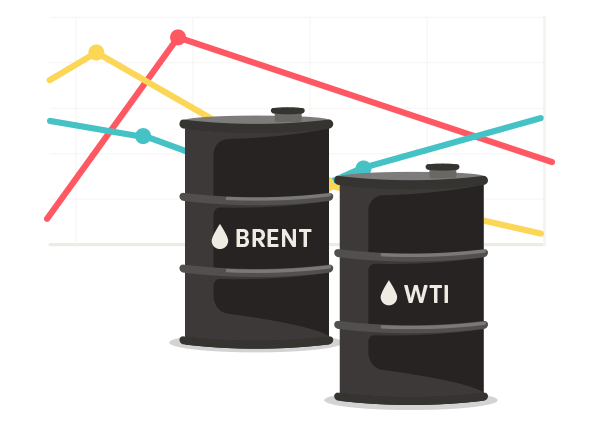How to Buy oil Commodity? Beginner’s Guide to Buying Oil Commodities


How to Get in on the Action: A Beginner’s Guide to Buying Oil Commodities
If you’re an aspiring trader looking to dip your toes into the thrilling world of commodities, oil can be an enticing place to start. As the lifeblood of the global economy, oil is a highly sought-after and widely traded commodity. In this article, we’ll explore the basics of buying oil commodities, providing you with valuable insights and tips to navigate this dynamic market successfully. So, let’s dive in and discover how to buy oil commodities like a seasoned pro.
Understanding the Oil Market
Before jumping into the specifics of buying oil commodities, it’s crucial to grasp the dynamics of the oil market. The price of oil is influenced by various factors such as global supply and demand, geopolitical events, and market sentiment. As an investor, it’s essential to stay updated on industry news, closely monitoring key indicators like OPEC production decisions, economic reports, and political developments that may impact oil prices.

Choosing the Right Investment Method
Now that you have a grasp of the oil market, it’s time to decide how you want to invest in oil commodities. There are several ways to gain exposure to oil, each with its own advantages and considerations. Let’s explore a few popular options:
- Futures Contracts: Trading oil futures contracts is one of the most direct ways to participate in the oil market. These contracts allow you to buy or sell a specified amount of oil at a predetermined price and date in the future. Futures trading requires a higher level of expertise, as it involves monitoring price fluctuations, managing leverage, and understanding contract specifications.
- Exchange-Traded Funds (ETFs): For beginners seeking a more straightforward approach, oil ETFs can be an attractive option. These investment vehicles trade on exchanges like stocks and provide exposure to the performance of oil prices. By purchasing shares of an oil ETF, you can gain indirect exposure to the oil market without dealing with the complexities of futures trading.
- Stocks of Oil Companies: Another way to participate in the oil industry is by investing in individual oil company stocks. This approach allows you to capitalize on the performance of specific companies operating in the oil sector. It’s essential to conduct thorough research on the financial health, management, and growth prospects of the companies before making any investment decisions.
Finding a Reputable Brokerage
To execute your oil commodity trades, you’ll need to open an account with a reputable brokerage firm. Look for a brokerage that offers access to the specific investment method you have chosen and provides a user-friendly trading platform. It’s crucial to select a broker with a solid reputation, transparent fee structure, and reliable customer support to ensure a smooth trading experience.
Developing a Trading Strategy
Successful trading requires a well-defined strategy tailored to your risk tolerance and investment goals. Here are a few key elements to consider when developing your trading strategy:
- Risk Management: Determine the amount of capital you’re willing to risk on each trade, set stop-loss orders to limit potential losses, and avoid overexposure to a single trade.
- Technical Analysis: Learn to read and interpret charts, identify patterns, and utilize technical indicators to help you make informed trading decisions.
- Fundamental Analysis: Stay informed about oil market fundamentals, including supply and demand dynamics, inventories, and geopolitical developments, to gain a broader perspective on the market.

Executing Your Trades
Once you’ve selected a brokerage and developed your trading strategy, it’s time to execute your trades. Enter the market with discipline, adhering to your predetermined plan. Utilize the tools and resources provided by your broker to monitor market conditions, analyze price movements, and execute your trades at the most favorable prices.
Congratulations! You’ve now gained a solid foundation in buying oil commodities. Remember, trading in the oil market involves risks, and success requires continuous learning, adaptability, and disciplined execution. By staying informed, honing your trading skills, and carefully managing your investments, you can navigate the exciting world of oil commodities with confidence. Now it’s time to put your knowledge into action and embark on your journey as an oil trader. Good luck!
